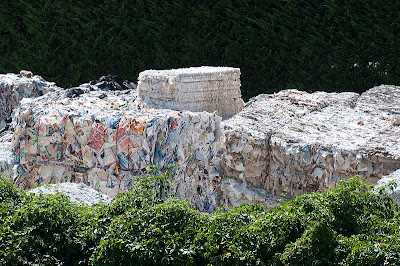New things are always happening at FileBank as we improve our services for you, our clients! As you may have heard, we have recently engaged Dumont as our new client. We are helping them jump into the 21st century along side with their mayor and staff.
Our services will change their offices into organized, and pleasant working environments. I hope you stay along for the ride as we track how their everyday lives are changed through our system.
The city of Dumont’s government serves over 17,000 people, which naturally means that they have a lot of paperwork to deal with. Starting with the Building Department, FileBank is helping Dumont to scan their blueprints and papers associated with each house and building within the city limits.
When finished, Dumont will easily be able to access the documents related to each building. Finding the repair work done on a particular house ten years ago will become a breeze. Steve Cavadias, the director of the Building Department, will be working closely with us as we begin to show Dumont how amazing this transformation can be.
When finished, we will be moving on to the Clerk, Finance and Payroll departments for their own extreme makeovers. Our archivist and staff will frequently visit Dumont onsite to demonstrate the computer system so they are easily able to access their documents.
Customer service, naturally, is our most important goal! We are working to go above and beyond because we know how difficult the transition to paperless can be. But we can assure you that it is worth the momentary difficulties and we hope that after seeing Dumont’s transformation, you will become a convert too.
As always, feel free to check out our website at www.filebankinc.com or give us a call at 972-279-4411. We are always happy to talk with you!






